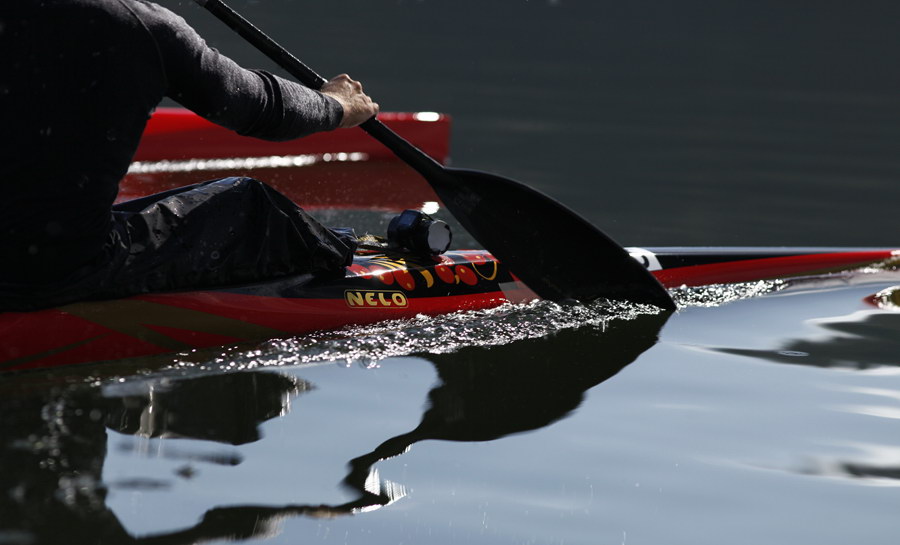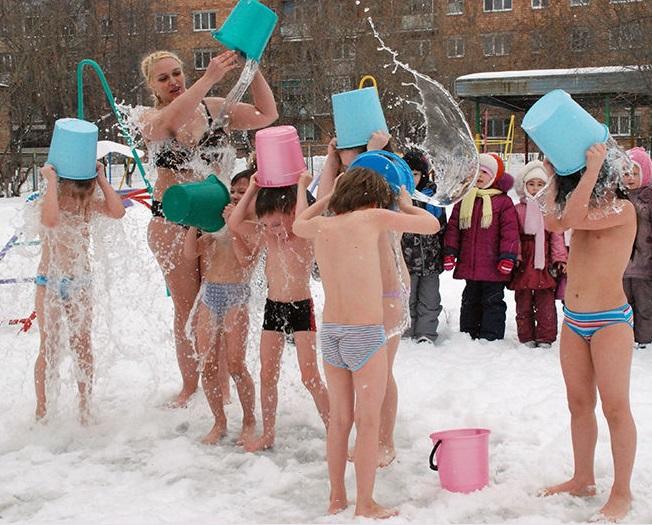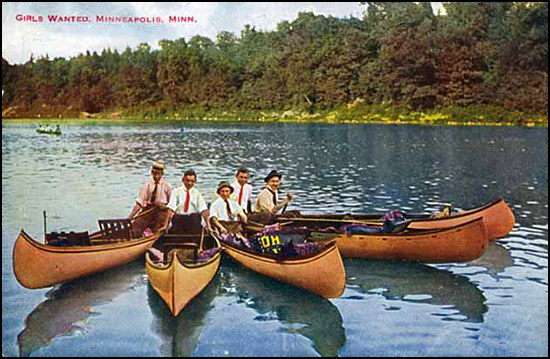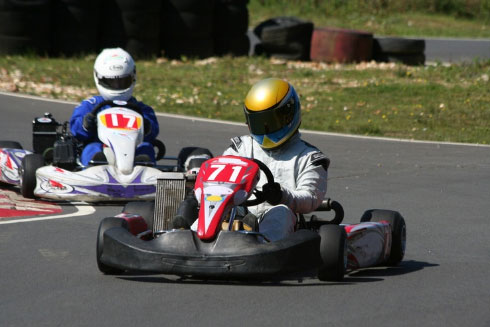What to do when a sports career is over?
 Olympic career is short-lived. When it comes to an end, it becomes important whether you have a job, a job, a profession, to which you can return to another – not a sports life. Tim Brabens knows this from his personal experience. The kayaker, being a qualified doctor, will return to work in medicine, when he finally decides to finish professional sports.
Olympic career is short-lived. When it comes to an end, it becomes important whether you have a job, a job, a profession, to which you can return to another – not a sports life. Tim Brabens knows this from his personal experience. The kayaker, being a qualified doctor, will return to work in medicine, when he finally decides to finish professional sports.
We can not say that he – “lucky”. The secret of his success is that he thought about his future in advance. However, not everybody does this. Many athletes and sportswomen hope that after 10–20 years of a sports career they will have the same success in everyday life. Having sacrificed absolutely everything for the sport, they hope that they will be able, with their inherent sporting spirit, to break through back into “normal” life. However, there they are waiting for a completely different reality. Often, the necessary work experience or qualifications are of no interest to the employer.
Of course, there are exceptions everywhere. And if you are the winner of the medal (especially gold), it can fundamentally change things. Many companies consider it prestigious to hire Olympic champions. But not everyone can boast of the Olympic Games medal, which reflects decades of hard training and victories.
The fates of former athletes add up differently. Someone finds himself in the professional field. For example, multi-world champion marathon runner Ivan Lawler works as an osteopath. However, the lot of the majority is still – low-skilled work, which rather requires a certain set of skills: work in real estate, financial services, sales, and similar fields.
Many Olympians decide to stay in sports, either as a coach, or as a sports journalist, or as a commentator. However, according to Tim Brabens, this option is not for many. After all, this area requires, besides awareness in its kind of sport, also deep knowledge of the entire modern industry of sport and broad erudition in general.
In addition to the necessary talent of eloquence, the success factor is the fame of the name of the athlete. It is very important how popular an athlete has become during his career. Without these components to gain the attention of the audience will be difficult. Suppose Steve Redgrave, a five-time Olympic champion, is currently a good commentator in rowing competitions. But Matthew Pinsent, who has four Olympic medals, works for the Air Force. As a football commentator, you can often meet the players of the highest league. However, in all cases, a well-hung tongue plays no less a role than past sporting achievements.
Tim Brabens (United Kingdom) Olympic champion in kayak singles at 1000 meters. Olympic Games in Beijing 2008.
Sports commentators are divided into two main categories: the first, such as swimmer Mark Foster, or Redgrave from academic rowing, have a narrow specialization in one sport; the latter, such as Pinsent, have established themselves as universal commentators in many sports. Thus, starting a sports commentator’s career will have to make a choice between these two categories. In the case of universal specialization, it will be possible to earn a living, in the case of narrow specialization, you will often have to be content with simply paying you a good dinner in a restaurant.
In any case, if you wish, it is possible to find and occupy your niche. It all depends on your level. For a sports table tennis star like Matthew Syed, a career as a Times observer can be prepared. But if you were not an outstanding kayaker or any other athlete, and you see yourself as someone like Sue Barker or Jonath Edwards, and you are not ready to talk about sports in the broadest sense of the word, you certainly should be absolutely competent in everything concerns your sport.
Among the kayakers there are examples of a successful post-sports career, but, unfortunately, this does not happen often and is superficial. For example, Olympic slalom medalist Elena Reeves works in the public relations department of the British Canoe Union, and repeated world champion in marathon Anna Himmings has established herself in commenting on the canoe competitions for the Air Force at the Olympic Games in London 2012 (she also runs a popular blog about sport in general and established itself as a fascinating writer).
Telegraph magazine brings to the discussion the problem of the complexity of the transition from sports to “normal life”. And the secret is not just to get a job. It is important to be able to come to terms with the somewhat more mundane reality of everyday life. Moving from an environment where you have always been the center of attention, to conditions where you are just one among many, can be psychologically quite difficult.
A welcome fact in this issue is the creation of a special Commission, The Athletes Career Program (with Adecco sponsorship) under the Olympic Committee, which is designed to help Olympians in their difficult life during a sunset sports career.




